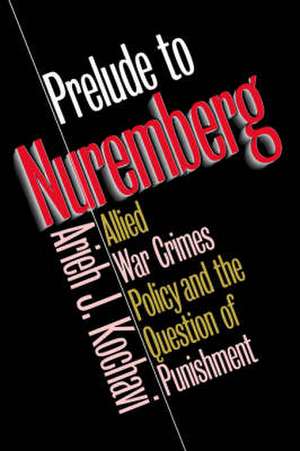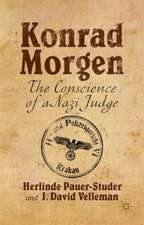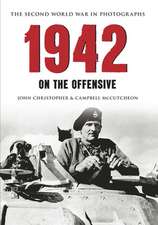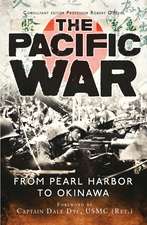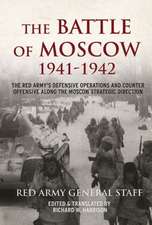Prelude to Nuremberg
Autor Arieh J. Kochavien Limba Engleză Paperback – 29 noi 2005
Preț: 358.85 lei
Nou
Puncte Express: 538
Preț estimativ în valută:
68.66€ • 71.88$ • 56.82£
68.66€ • 71.88$ • 56.82£
Carte tipărită la comandă
Livrare economică 05-19 aprilie
Preluare comenzi: 021 569.72.76
Specificații
ISBN-13: 9780807857182
ISBN-10: 0807857181
Pagini: 328
Dimensiuni: 156 x 234 x 19 mm
Greutate: 0.51 kg
Editura: University of North Carolina Press
ISBN-10: 0807857181
Pagini: 328
Dimensiuni: 156 x 234 x 19 mm
Greutate: 0.51 kg
Editura: University of North Carolina Press
Descriere
Kochavi demonstrates that the institution of the Nuremberg trials represented the culmination of a complicated process rooted in the domestic and international politics of the war years. Drawing on extensive research, he painstakingly reconstructs the prevailing attitudes and constraints that prevented a joint policy on war crimes from being adopted by the Allies.
Notă biografică
Arieh J. Kochavi is senior lecturer in history and director of The Strochlitz Institute of Holocaust Studies at the University of Haifa.
